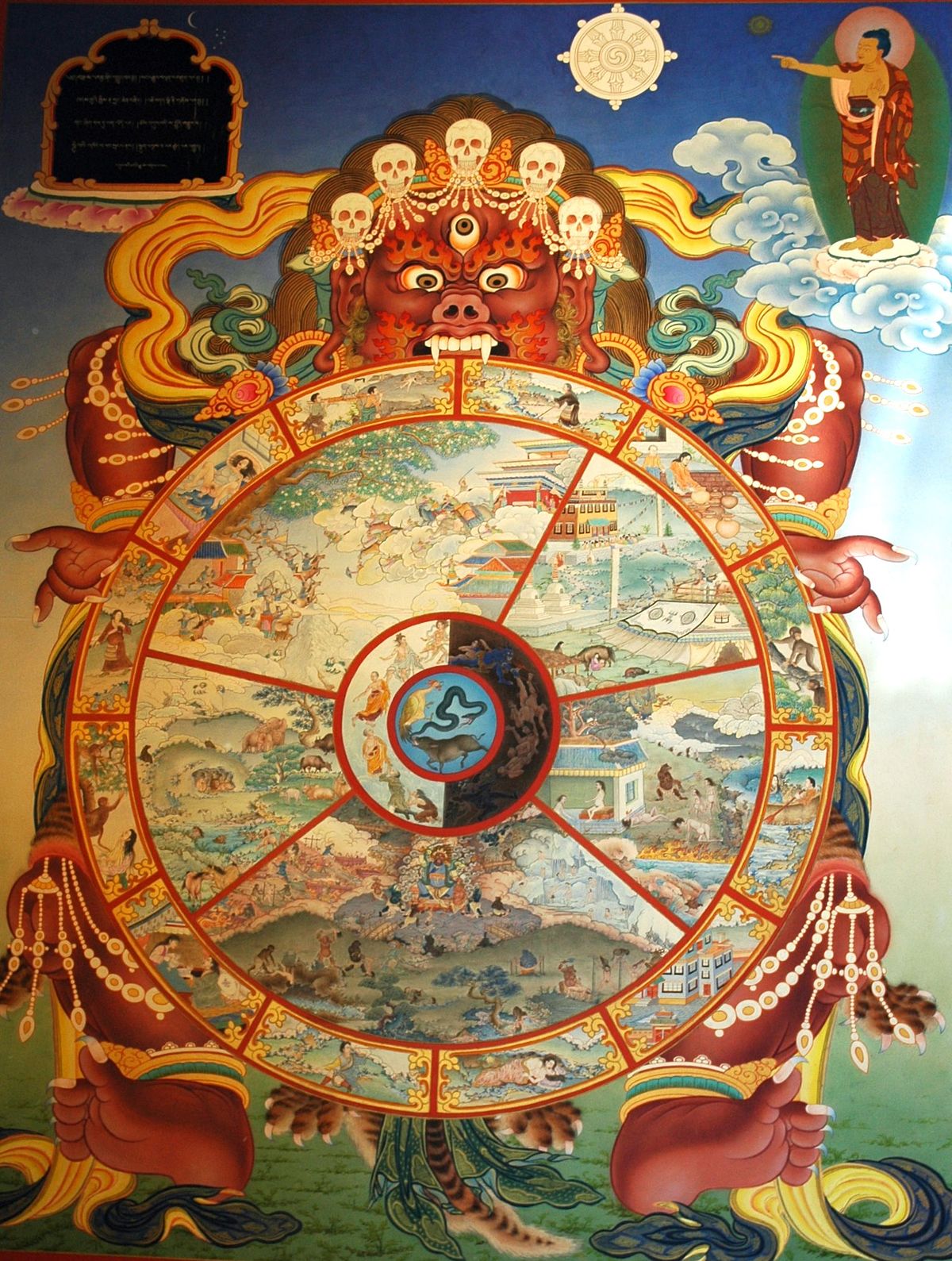Austerity – In Gita Verse 2.61 One who restrains his senses, keeping them under full control, and fixes his consciousness upon Me, is known as a man of steady intelligence.
By controlling one’s sense organs and action senses, and maintaining an absorbed mind, one becomes a true devotee. A person who has mastery over his senses possesses intelligence.
A wise individual does not take the entire burden upon himself. Instead, he entrusts much of it to a higher power. In reality, he leaves the entire burden on God. When old habits resurface, he endures them as a witness, acknowledging them as consequences of past actions without letting them cause distress. He accepts them as part of his journey.
Consider the example of Buddha. When faced with abuse, he responded with calmness and understanding. He recognised that any hostility directed at him was a result of his own past actions. By accepting this, he avoided perpetuating a cycle of negativity. This approach exemplifies how one can view challenges as manifestations of past karma and face them with equanimity.
Krishna advises that in the quest for self-restraint and enlightenment, one should not rely solely on personal effort but should also seek the support of the divine. This surrender to a higher power provides strength during moments of weakness. Acknowledging one’s limitations and seeking divine assistance transforms vulnerability into a source of great power.
The senses can overpower a person who is both restrained and egoistic. In contrast, a person who is humble and accepts his weaknesses, surrendering them to God, gradually becomes free from the influence of past habits and passions. This liberation leads to the state of Sthitapragya, where one achieves stability and self-realisation.
When Krishna speaks of restraining the senses, he refers to living a life of simplicity and understanding. True simplicity is not cultivated but is a natural state of being. Misguided austerity, which involves self-torture, is not the path to spirituality. Violence, whether directed at oneself or others, is never religious.
Austerity should not be practised through self-imposed poverty or discomfort. Instead, it involves becoming more sensitive to life. As sensitivity increases, one becomes more attuned to existence. At the peak of sensitivity, one experiences the divine, which has always been present but unnoticed due to insensitivity.
For Krishna, austerity means living a simple life with understanding. One does not need to renounce material possessions but should focus on fulfilling essential needs without being driven by mad desires. True enjoyment of life requires no conditions; it is an unconditional state of being.
A complex mind believes that certain conditions must be met to enjoy life, leading to dissatisfaction. In contrast, a simple mind enjoys life as it is, without waiting for external conditions to change. This approach enhances one’s capacity for enjoyment, ultimately leading to the realisation of the divine.
True happiness arises from living a life that meets basic needs – food, shelter, and love – without being burdened by excessive desires. A happy person naturally becomes religious, while an unhappy person remains disconnected from true spirituality. Prayer, in its purest form, is an expression of gratitude, not a complaint.
Krishna’s message is to act with sensitivity and fulfil one’s needs without being driven by desires. By embracing simplicity and sensitivity, even challenging situations, such as war, can be approached with a divine perspective. This holistic approach leads to unity with the divine.
Tags: Austerity





